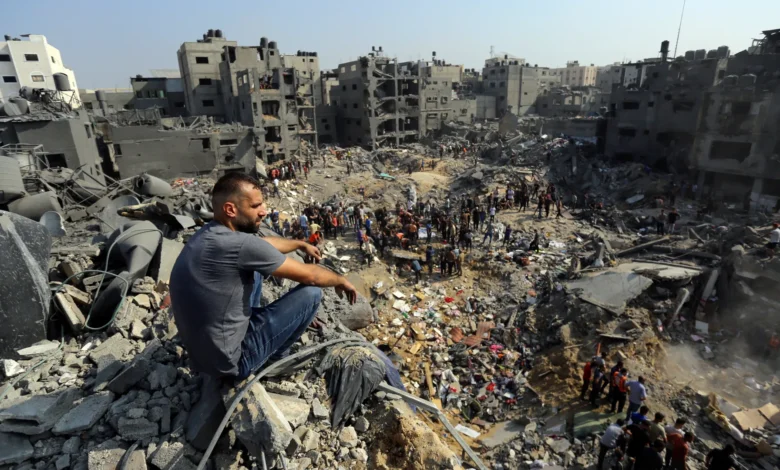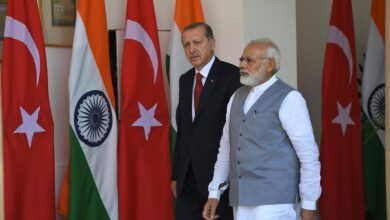Does Supporting Gaza Still Qualify as Revolutionary or Is It Just Political Nostalgia?

For decades, support for Gaza has been seen by many as a symbol of revolutionary solidarity. Indeed, with each passing development within changing political contexts, one wonders if such support is a radical stand or clinging to anachronistic ideals.
Traditionally, support for Gaza was considered revolutionary, with a general movement in the line of oppression and injustice. The Gaza Strip has, over the years, tended to be a flashpoint of combativeness between Israelis and Palestinians conflict. Many countries and revolutionary groups have used their support for Gaza as a means to display solidarity with those they envision as victims of injustice.
“Recently, many have questioned whether support for Gaza is still as impactful or relevant as it used to be. That ardent support of Gaza now seems more of an attachment to old ideals than a way in which new kinds of challenges are met while global politics and conflicts change.
Political nostalgia is a longing for the past, wherein specific acts or symbols have lucid and potent meanings. In such a context, support for Gaza may offer nostalgia for a bygone period when international politics seemed more straightforward and revolutionary acts could guarantee more precise effects. Today, with international relations becoming complex, the nature of conflicts gradually shifted, and this support may bear another kind of revolutionary weight.
Besides, the dynamics in Gaza changed over time: there were phases of war and relative calm, with various political entities taking over the leadership. Support that was once viewed as a revolutionary stance against Israeli aggression may today be viewed through a different prism, one coloured by today’s geopolitical ambience and the metamorphosis the conflict has undergone.
Fundamentally, knowing what standing in solidarity with Gaza means today amounts to whether it remains a revolutionary gesture or mere political nostalgia. Is this still a potent symbol of resistance and solidarity, or is this a way of clinging onto some ideal that no longer fits into today’s world?
This does beg the question about its relevance and effectiveness today, though. Do actions taken in support of Gaza continue to affect the intended change, or is this more about holding onto a relationship with past revolutionary idealism rather than the present realities?
While support for Gaza used to be a clear stand for freedom against injustice, this paper contextualizes whether such action still represents something revolutionary or is no more than a nostalgic holdover from the past. This helps us rethink how to approach global solidarity and support in today’s complex world.



